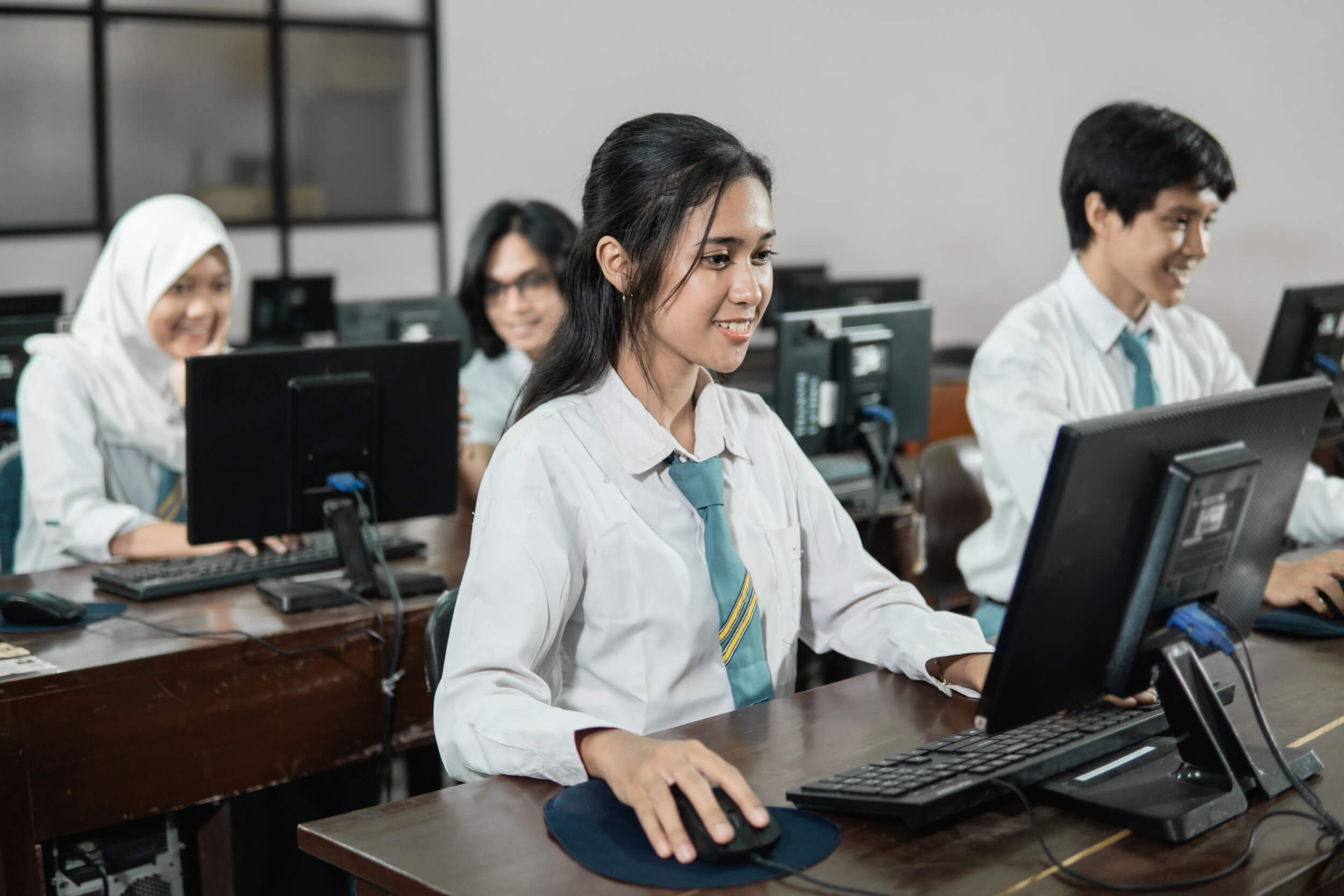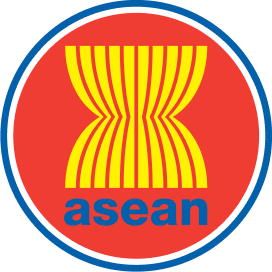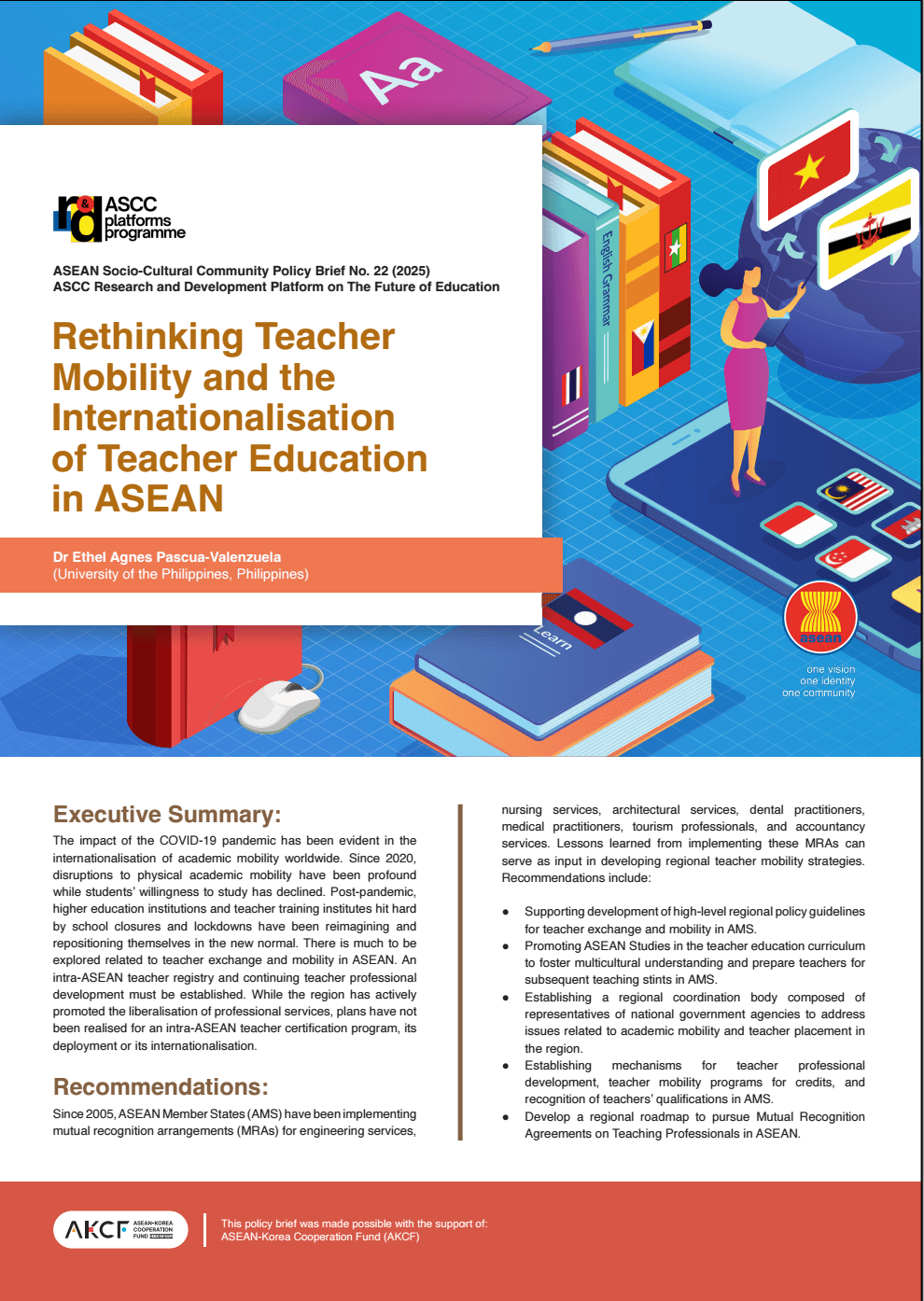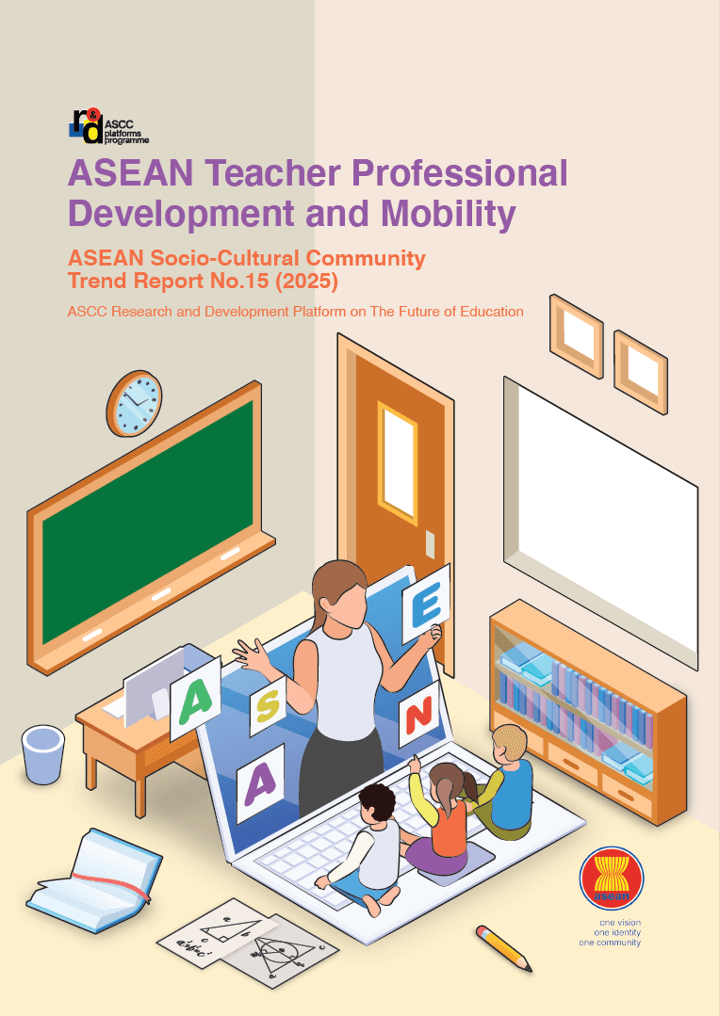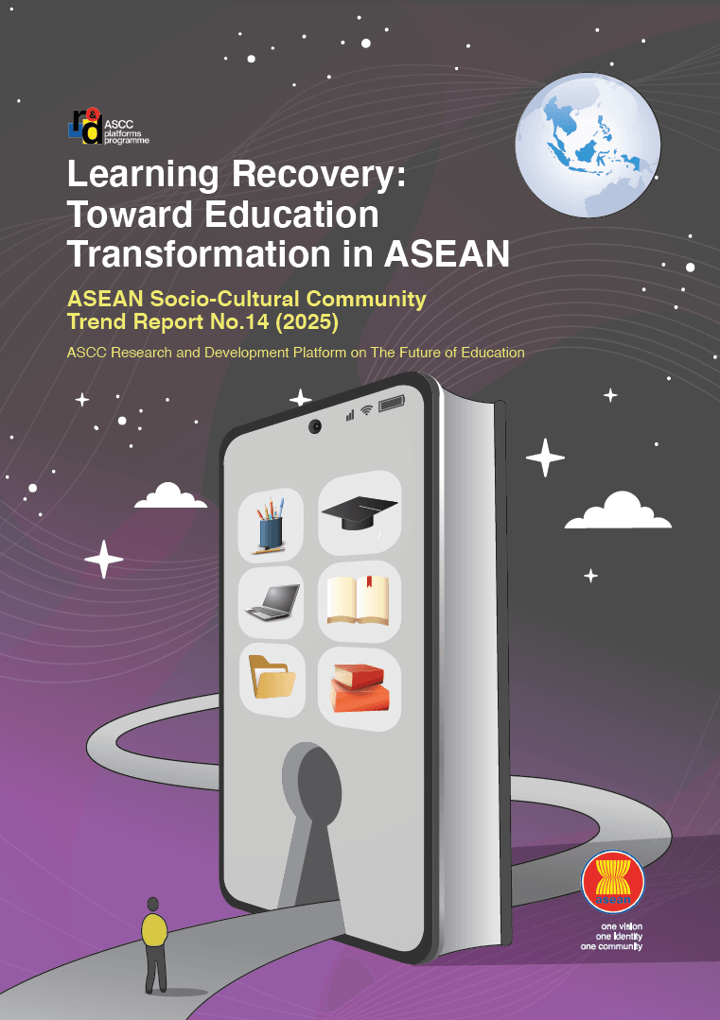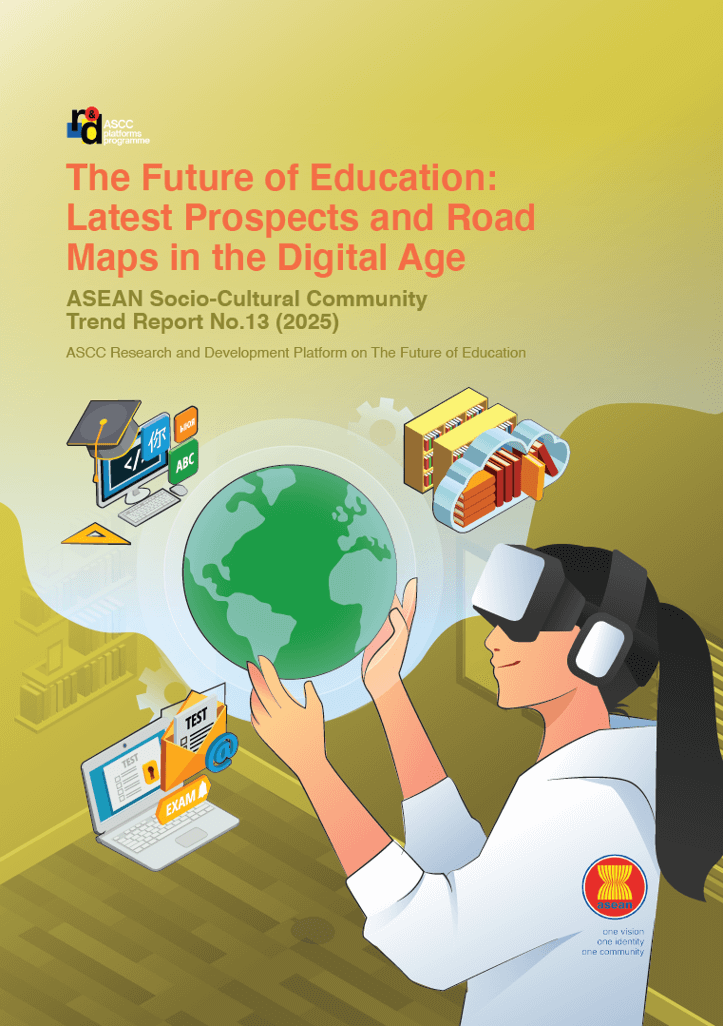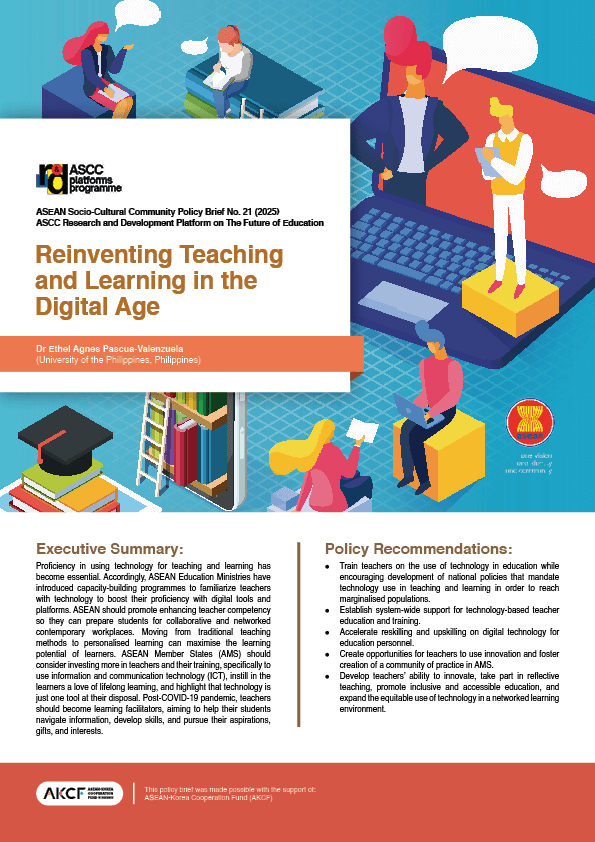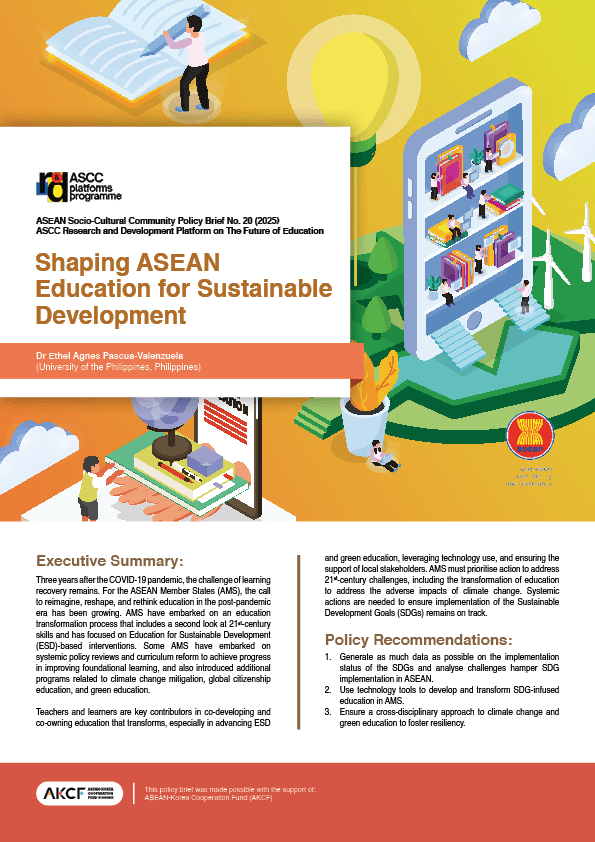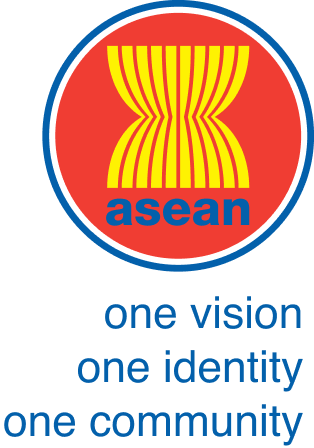Learning recovery
Learning recovery and educational transformation have been at the forefront of international, regional, and national policy agendas. While various technological options are available, not everyone has been able to harness the benefits they offer due to lack of access. To ensure full learning recovery and educational transformation, AMS should create an acceleration plan to address learning loss, address the barriers to learning recovery, prioritise the implementation of programmes, continue investing in teachers’ pedagogical skills training so they can manage students’ mental health and socioemotional needs, improve educational management governance, and support education decentralization to address local issues in the short to medium term.
